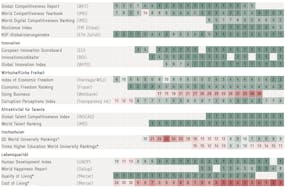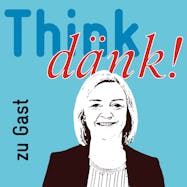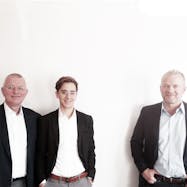When Avenir Suisse held its 6th International Think Tank Summit on “Challenges of a multipolar world” earlier this year, Russia’s invasion of Ukraine was not yet a topic. The focus lay on the rivalry between the USA and China, and how this has affected various policy areas. As a result, four panels were organised on trade and investment, technology and security, geopolitics and institutions and the role of small open economies.
The recordings of these discussions are published in individual articles. So far, we have shared the following:
- The welcome speech by Avenir Suisse Director Peter Grünenfelder and the opening speech held by the Federal Chancellor Walter Thurnherr (see here).
- From the “Trade and Investment” block, the keynote by Markus Braun (Senior Lecturer in International Management at the ZHAW School of Management and Law). This was followed by a panel discussion in which he was joined by Theresa Fallon (Director and Founder of the Centre for Russia Europe Asia Studies, CREAS) and Christian Etter (Former Ambassador and Swiss Government Delegate for Trade Agreements). The panel was moderated by Teresa Hug Alonso (Avenir Suisse).
- From the “Technology and Security” block, the keynote by Tim Rühlig (Research Fellow at the German Council on Foreign Relations, DGAP) and the follow-up panel discussion with Fabio Rugge (Head of Office for NATO, Strategic Security and Politico-Military Issues at Italian Ministry of Foreign Affairs and Head of ISPI’s Cybersecurity Center). The panel was moderated by Teresa Hug Alonso (Avenir Suisse).
Next, from the “Geopolitics and Institutions” block, comes the keynote by Heinz Gärtner (Professor at the University of Vienna and the Danube University & chair of the advisory board of the International Institute for Peace, IIP). In the follow-up panel, led by Patrick Dümmler (Avenir Suisse), they are joined by the former Swiss Ambassador to the USA, Martin Dahinden, I-Chung Lai (President of The Prospect Foundation) and Ralph Weber (Associate Professor at the Institute for European Global Studies).














